China dominates global battery production but companies in the UK, Europe and the US are starting to make inroads. In the latest Autocar Business Live webinar, we’re joined by three senior executives from firms that are looking to localise production going into the electric car era.
Isobel Sheldon is chief strategy officer at Britishvolt; Sue Slaughter is purchasing director at Ford and a recent inductee into the Hall of Fame at the Autocar Great Women in the British Car Industry initiative; and Nico Cuevas is chairman and CEO of Urbix, a clean commercial manufacturer of coated spherical purified graphite.

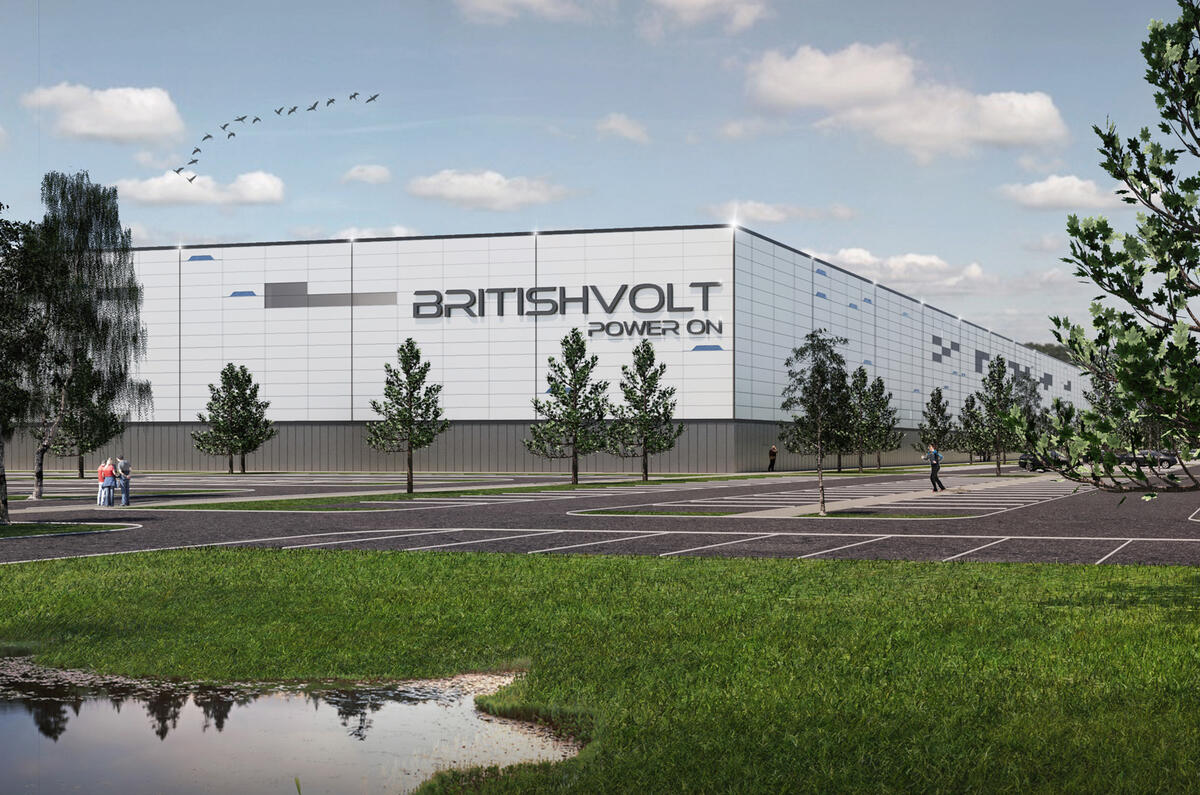
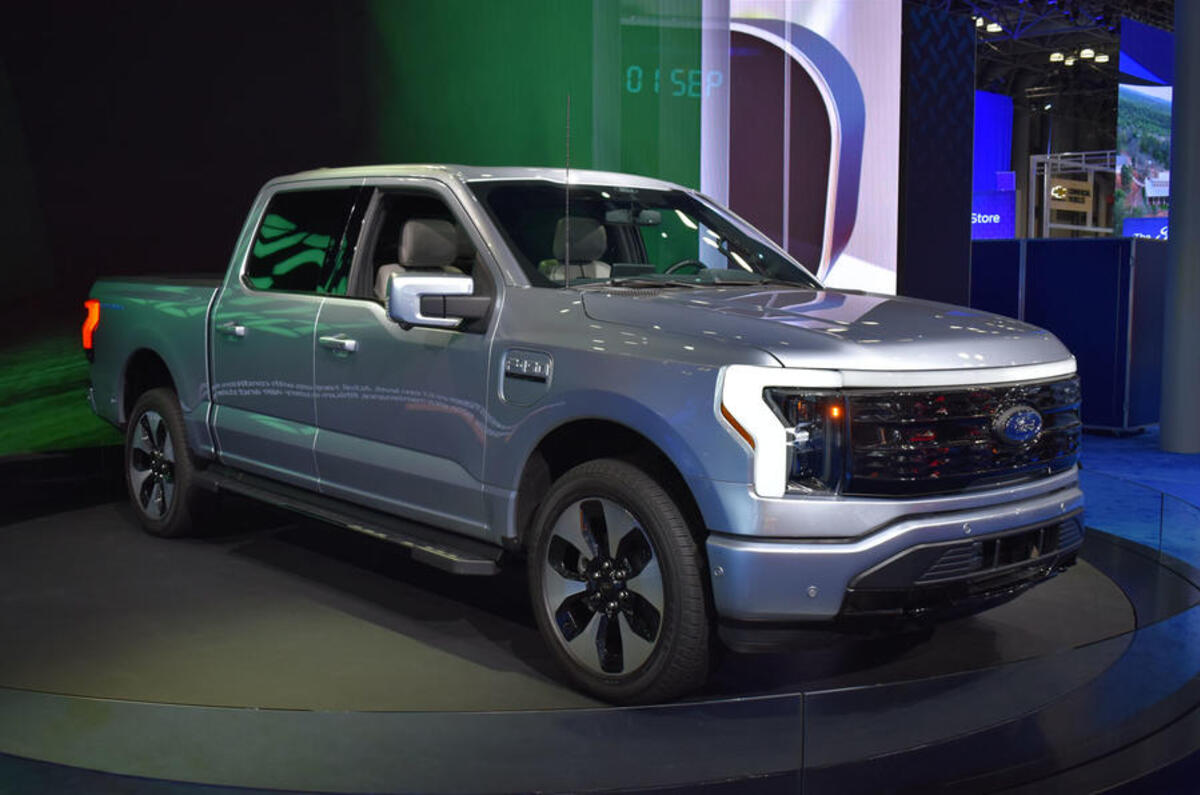
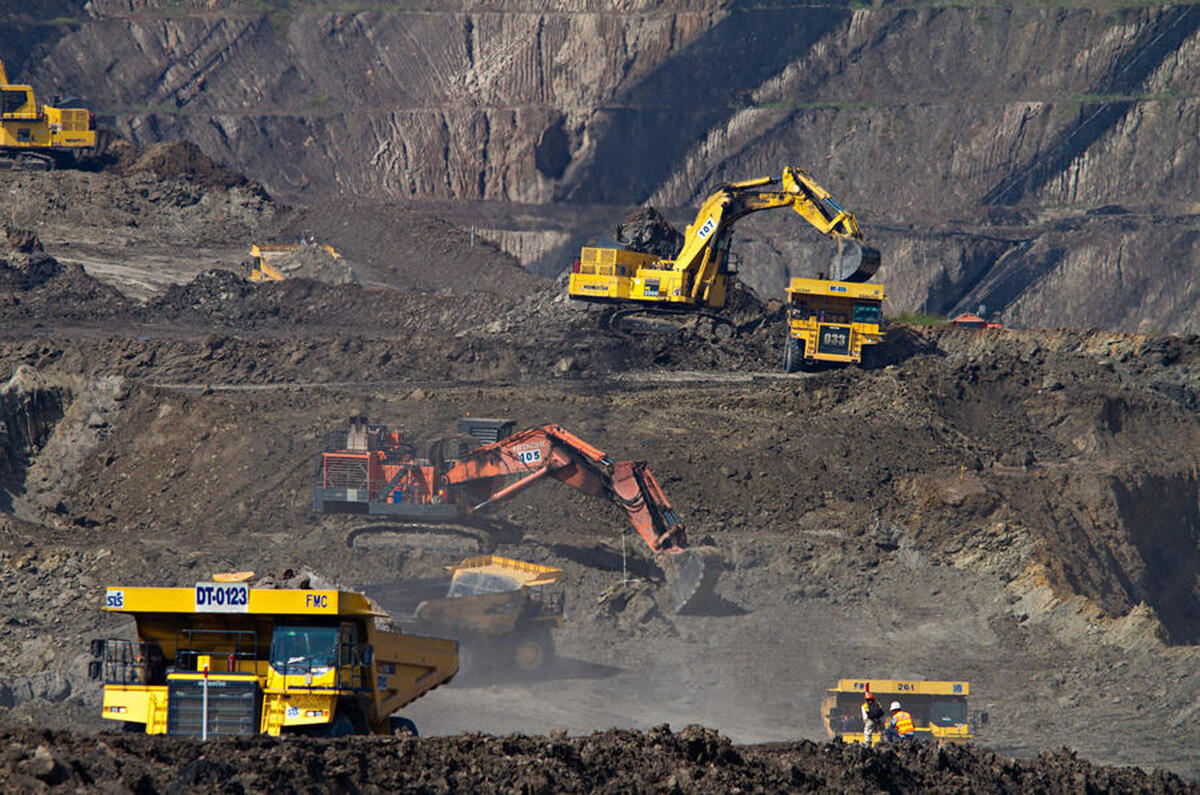
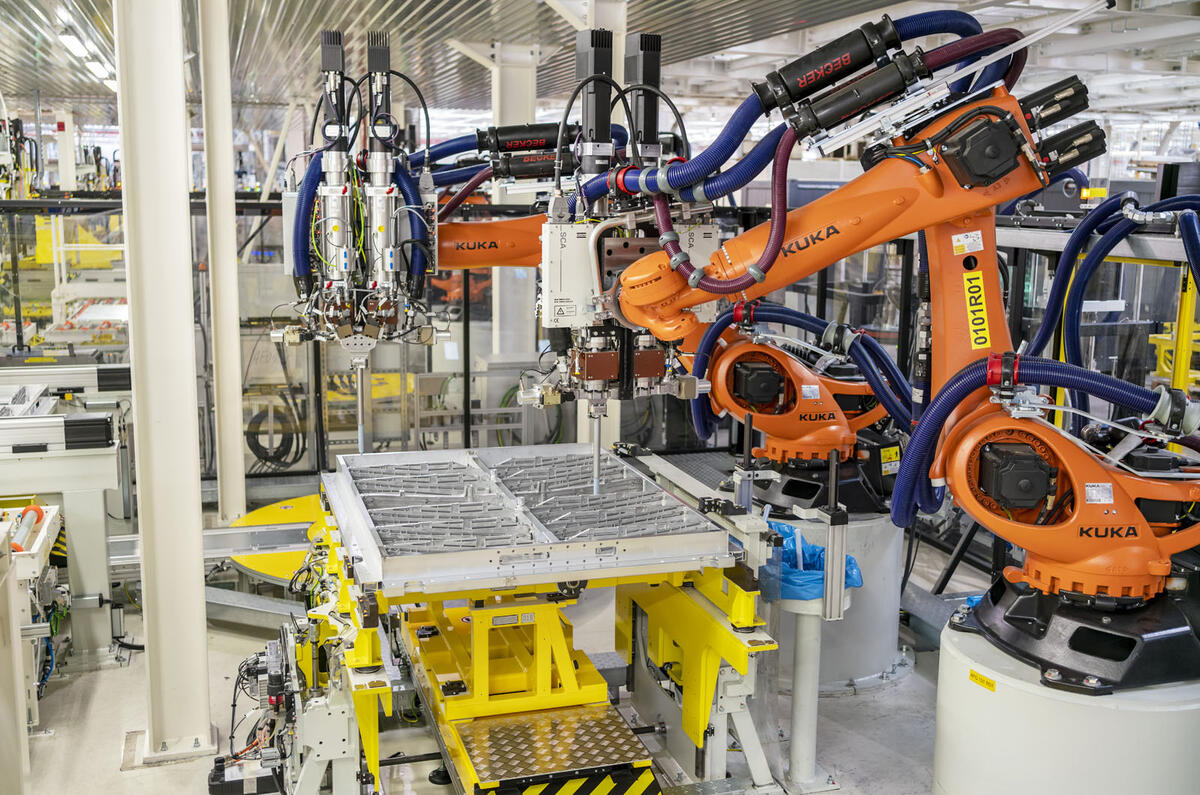
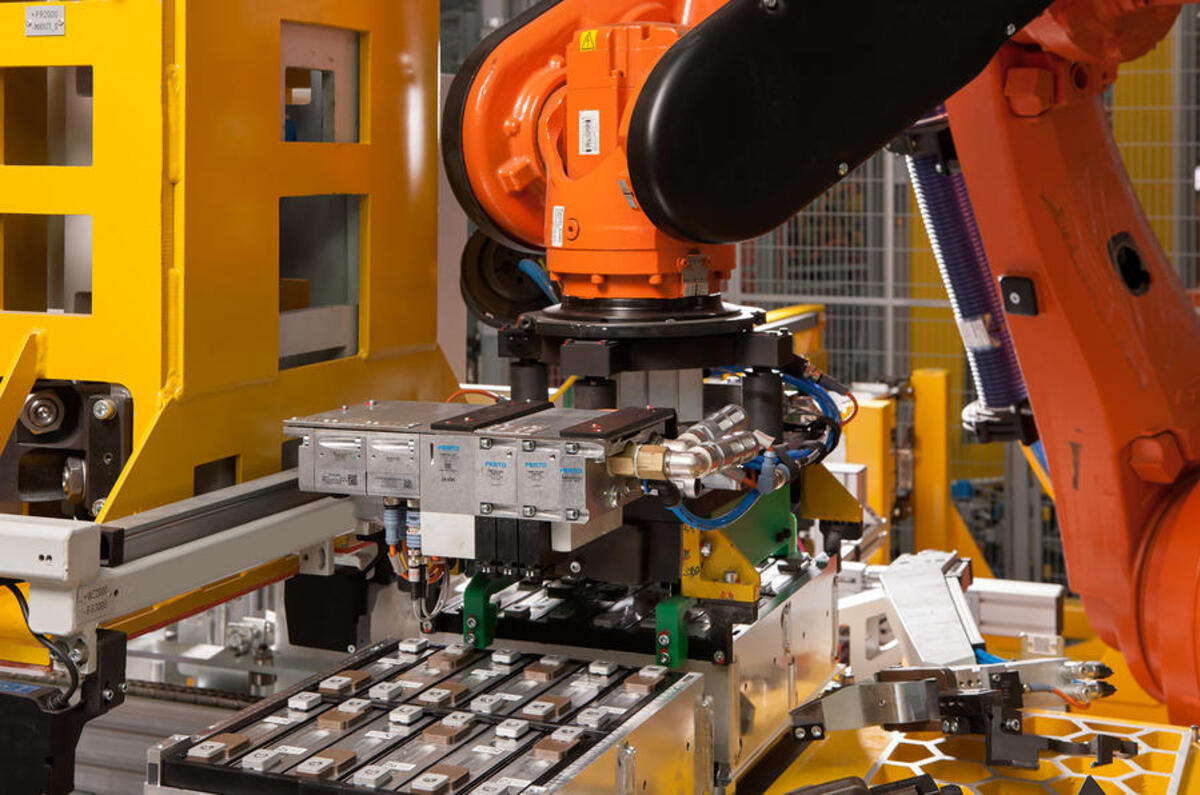
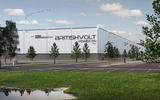

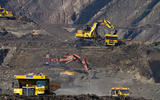
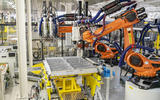
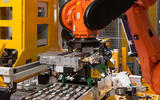


Add your comment